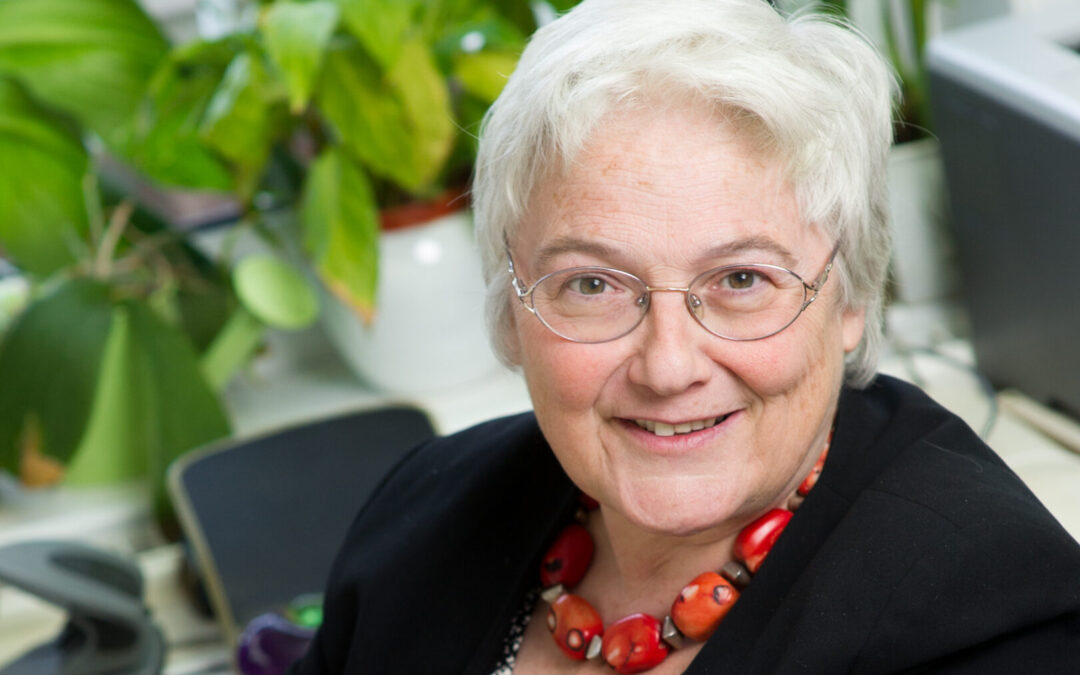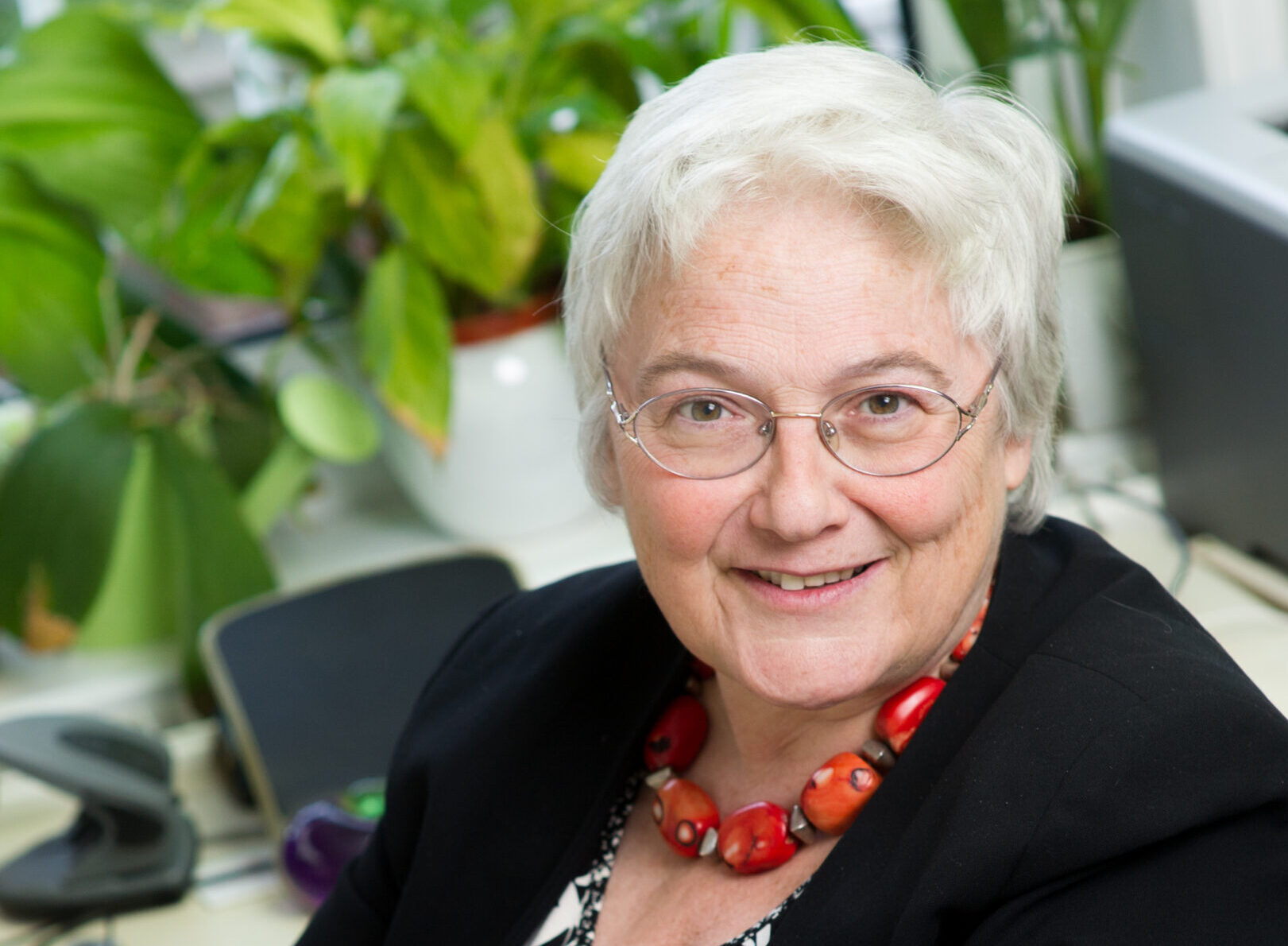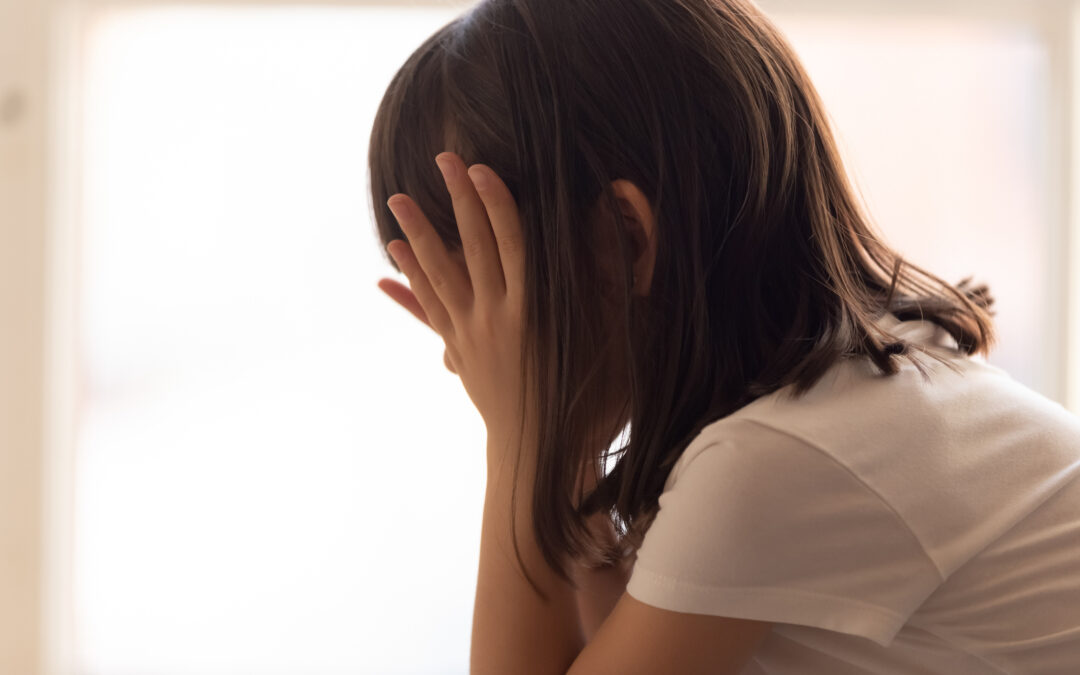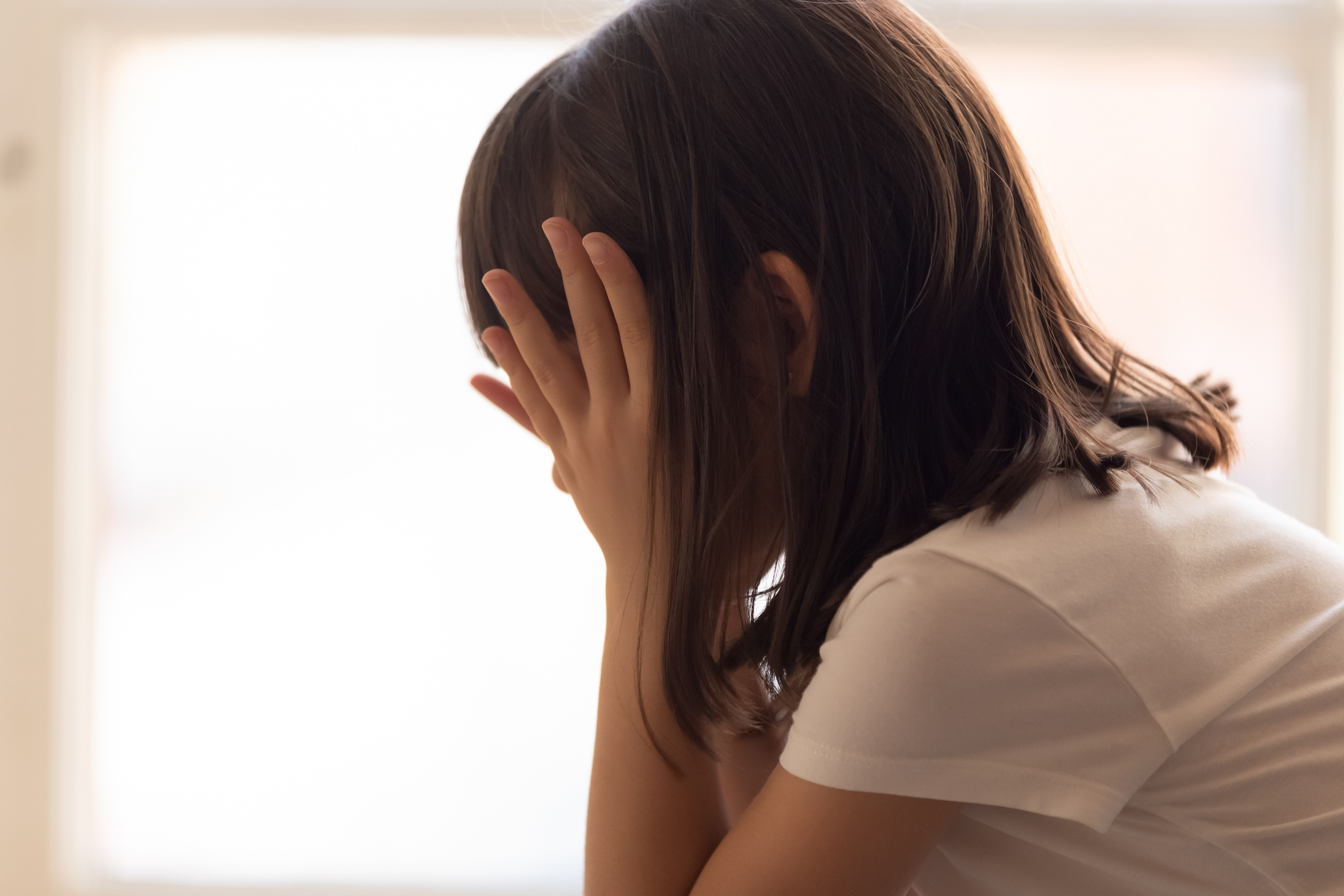
Three new appointments within the King’s Maudsley Partnership
We are proud to announce the arrival of three world-leading experts taking on roles within the King’s Maudsley Partnership for Children and Young People.

Professors Philip Shaw, Gustavo Sudre, and Emily Jones have joined the Institute of Psychiatry, Psychology & Neuroscience, bringing years of expertise with them as King’s, the South London and Maudsley NHS Foundation Trust and Maudsley Charity enter the next exciting stage of the Partnership.
Professor Shaw takes up his position as the new Director of the KMP. He joins King’s from the National Institutes of Health (NIH) in the United States and brings with him expertise and experience in ADHD and related disorders. His research focuses on the causes of mental illness and neurodevelopmental conditions in an effort to improve both prevention and intervention.
“I am thrilled to begin working as Director of the King’s Maudsley Partnership for Children and Young People. This is an excellent opportunity to work collaboratively with an array of expert academics and clinicians in the pursuit of better mental health outcomes.”
Accompanying Professor Shaw from NIH is Professor Gustavo Sudre. Professor Sudre is the Rosetrees Pears Chair of Bioinformatics, Professor of Genomic Neuroimaging and Artificial Intelligence, and provides a unique skill set in prediction and modelling in large-scale datasets which include imaging, genetic, and clinical information, that will be key to the research plans of the Partnership.
“AI has numerous potential diagnostic applications, but there is a lot of work to do to get it to that point, and this new role within the Partnership is an exciting way to take my work forwards. I’m looking forward to working with colleagues and breaking new ground in researching children and young people’s mental health.”
Professor Emily Jones joins the KMP from the Centre for Brain and Cognitive Development at Birkbeck, the University of London, in a joint appointment between Child and Adolescent Psychiatry and the Centre for Developmental Neurobiology. Professor Jones will also join the MRC Centre for Neurodevelopmental Disorders at King’s IoPPN as a new group leader. Her interests centre on understanding the cognitive and neural mechanisms that drive variability in developmental trajectories. She runs several prospective longitudinal studies of neurotypical and neurodivergent neurodevelopment in infants, as well as several large-scale European and Global Health studies of children and adults with neurodevelopmental conditions.
“I’m immensely excited to be taking on this role at King’s and with the Partnership. It is a fantastic opportunity to further our understanding of the earliest stages of brain development in relation neurodevelopmental conditions.”
The King’s Maudsley Partnership for Children and Young People is a partnership between the South London and Maudsley NHS Foundation Trust and King’s College London, supported by the Maudsley Charity. It is all about clinicians and researchers working more closely together. Its mission is to find new ways to predict, prevent and treat mental health disorders for children and young people and then maximise translation of research and evidence into improved services, locally but also nationally and globally.
Categories
Follow Us
For the latest updates and news, follow us on our social channels.











Recent Comments